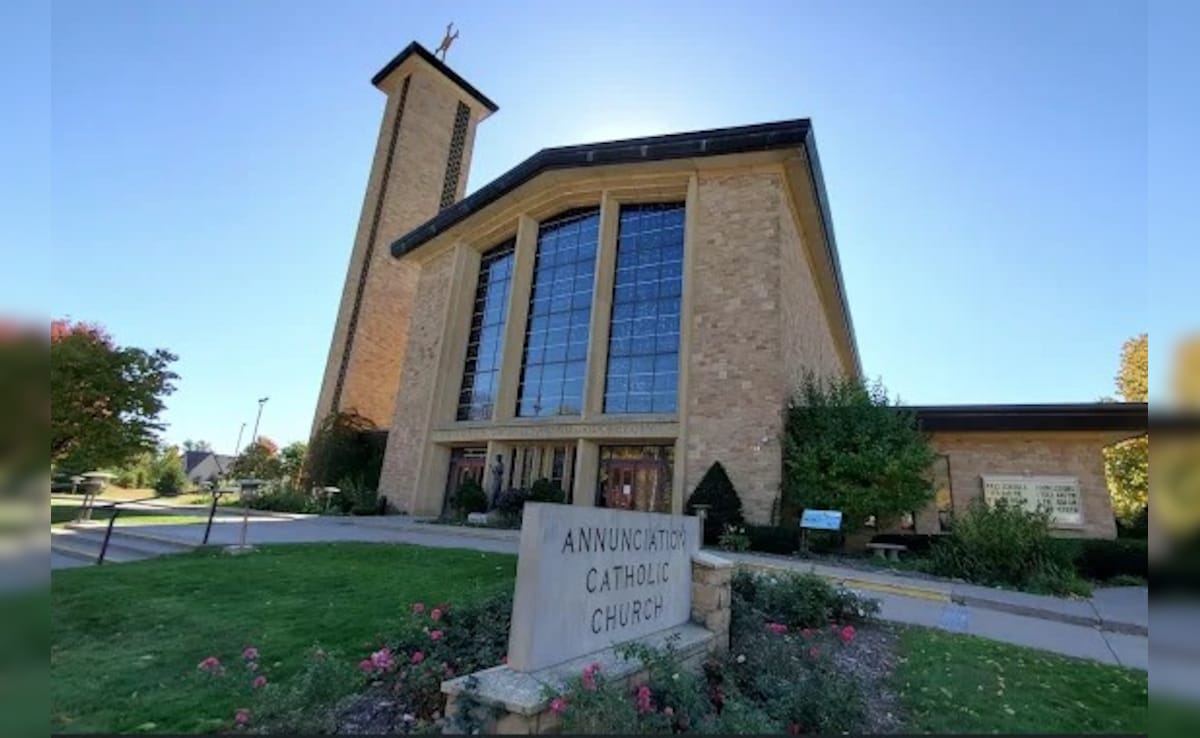The legislation includes requirements for employees to prove they are vaccinated, recently recovered from COVID-19 or have tested negative for the virus in order to access communal workplaces; a similar rule will apply to public transport. The measures need to be approved by Germanyâs upper house of parliament, the Bundesrat, which could happen Friday.
Outgoing Chancellor Angela Merkelâs center-right Christian Democrats had wanted to extend existing rules that expire this month and which have served as the basis for numerous national and state-wide restrictions since March 2020. In future, Germanyâs 16 states will only be able to impose restrictions on cultural and sports events if their regional assemblies approve the measure.
Merkelâs party criticized the new rules, saying they would weaken the instruments at authoritiesâ disposal at a time when infections are soaring again.
Germanyâs disease control agency, the Robert Koch Institute, reported 65,371 new daily cases, shattering the previous 24-hour record and continuing an upward trend that experts have warned about for weeks.
âWe are currently heading toward a serious emergency,â institute director Lothar Wieler said during an online debate late Wednesday. âWe are going to have a really terrible Christmas if we donât take countermeasures now.â
Wieler said Germany needs to increase its COVID-19 vaccination rate, which now stands at 67.7%, to significantly above 75%.
The eastern state of Saxony, which at 57.6% has the countryâs lowest immunization rate, is poised to impose a limited lockdown in response to soaring case numbers.
Governor Michael Kretschmer said the state government would decide on a âhard and clear wave breakerâ Friday lasting two to three weeks.
Official figures show Saxony had more than 761 newly confirmed cases per 100,000 inhabitants in the past week, the highest infection rate in Germany.
Germanyâs independent vaccine advisory panel said Thursday that it recommends booster shots for all people over 18. But it said people who are over 70, at risk for other reasons or who havenât received any vaccine yet should be prioritized.
Wieler warned that hospitals across Germany are struggling to find beds for COVID-19 patients and those with other illnesses.
Merkel was due to meet state governors Thursday to discuss joint efforts against the pandemic.
Neighboring Austria recorded 15,145 newly confirmed COVID-19 cases in the past 24 hours, authorities said Thursday.
The country imposed a lockdown on unvaccinated people this week. In the capital Vienna, officials sent unsolicited vaccination appointments to some 340,000 residents who havenât yet received a shot.
___
Follow APâs pandemic coverage at https://apnews.com/hub/coronavirus-pandemic
.png)











 English (United States) ·
English (United States) ·  Turkish (Turkey) ·
Turkish (Turkey) ·